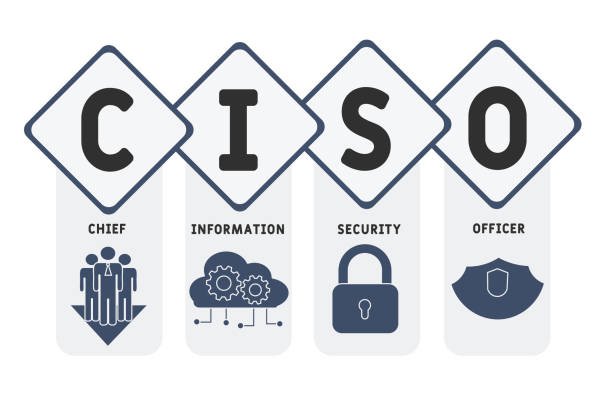In the fast-evolving world of cybersecurity, the role of the Chief Information Security Officer (CISO) has become increasingly crucial. A recent report highlighted by SecurityWeek reveals significant insights into the latest CISO salary trends, showing not just a surge in pay but also a shift in the dynamics of CISO career movements. As organizations worldwide grapple with the escalating sophistication of cyber threats, the demand for seasoned cybersecurity leaders has never been higher. This trend underpins the growing strategic importance of the CISO role, both as a gatekeeper of security and as a business enabler.
CISOs: Earning Bigger Paychecks, But Fewer Job Changes
One of the key findings in the SecurityWeek report is that while CISO salaries have significantly increased, job mobility has decreased. Experienced CISOs are more likely to stay with their current organizations, capitalizing on stability and larger paychecks rather than seeking new opportunities elsewhere. The industry’s emphasis on retaining experienced cybersecurity leaders is clear—companies are willing to pay a premium to ensure their security leadership remains intact.
This shift can be attributed to a few factors. First, the increasing complexity of cyber threats requires deep institutional knowledge, which experienced CISOs acquire over time. This institutional familiarity makes them invaluable, prompting organizations to offer them higher compensation packages to discourage turnover. Secondly, the competitive market for top talent means fewer seasoned CISOs are available for hire, driving up the salaries of those already in key positions.
The Shift in Priorities for Cybersecurity Leaders
The pandemic and the surge in remote work have intensified the challenges for CISOs. Cybersecurity leaders now face the daunting task of securing a rapidly expanding attack surface. Ransomware, supply chain vulnerabilities, and cloud security challenges have become prominent issues, requiring deep expertise and strategic oversight. Organizations are recognizing that cybersecurity isn’t just a back-office function but a critical business enabler that directly impacts reputation, financial stability, and trust.
CISOs, traditionally focused on technical risk mitigation, are now required to sit at the executive table, influencing broader business strategies and ensuring cybersecurity is integrated into all aspects of operations. Their role in regulatory compliance, incident response planning, and risk management has grown. As a result, the compensation they receive reflects their broader scope of responsibility.
Retaining Talent Amid Cybersecurity Burnout
Another noteworthy point is the challenge of burnout in the cybersecurity industry. The pressure on CISOs is immense. They are responsible for defending against constant, high-stakes cyberattacks, many of which have significant financial and reputational consequences. As a result, many CISOs face high levels of stress, and burnout rates are increasing. Companies, in response, are not only offering higher salaries but also focusing on improving the work-life balance of their cybersecurity leaders. Whether through flexible working conditions, mental health resources, or reduced travel requirements, the incentives go beyond financial compensation to address the holistic well-being of these leaders.
The Broader Implications for Cybersecurity Professionals
The rising CISO salaries have broader implications for cybersecurity professionals across the board. With CISOs commanding higher pay, it creates a cascading effect throughout the organization. Senior-level security engineers, architects, and analysts are also seeing increased compensation as organizations aim to build robust teams led by strong leadership. This trend is particularly notable in sectors like finance, healthcare, and government, where the stakes for cybersecurity breaches are extremely high.
Additionally, the current environment suggests that the gap between experienced CISOs and newer entrants into the profession may widen, as established leaders are able to command significantly higher salaries due to their extensive experience and expertise. For aspiring CISOs, this signals the importance of gaining diverse, hands-on experience and continuously upskilling to meet the demands of this rapidly evolving field.
Conclusion: A Bright Future for Seasoned Cybersecurity Leaders
The report’s insights into CISO salary trends reflect the growing recognition of cybersecurity’s pivotal role in today’s digital economy. As cyber threats become more complex, the value of experienced CISOs will continue to rise. For organizations, retaining top talent by offering competitive compensation packages is a priority. And for CISOs, the message is clear: their expertise is more valuable than ever.
This trend benefits not only the security leaders but also the broader cybersecurity workforce, who can expect similar opportunities for growth and increased compensation. The future of cybersecurity leadership is bright, but the stakes are higher than ever. Companies that prioritize cybersecurity as a business imperative, and reward their leaders accordingly, will be the ones best positioned to navigate the digital challenges ahead.

